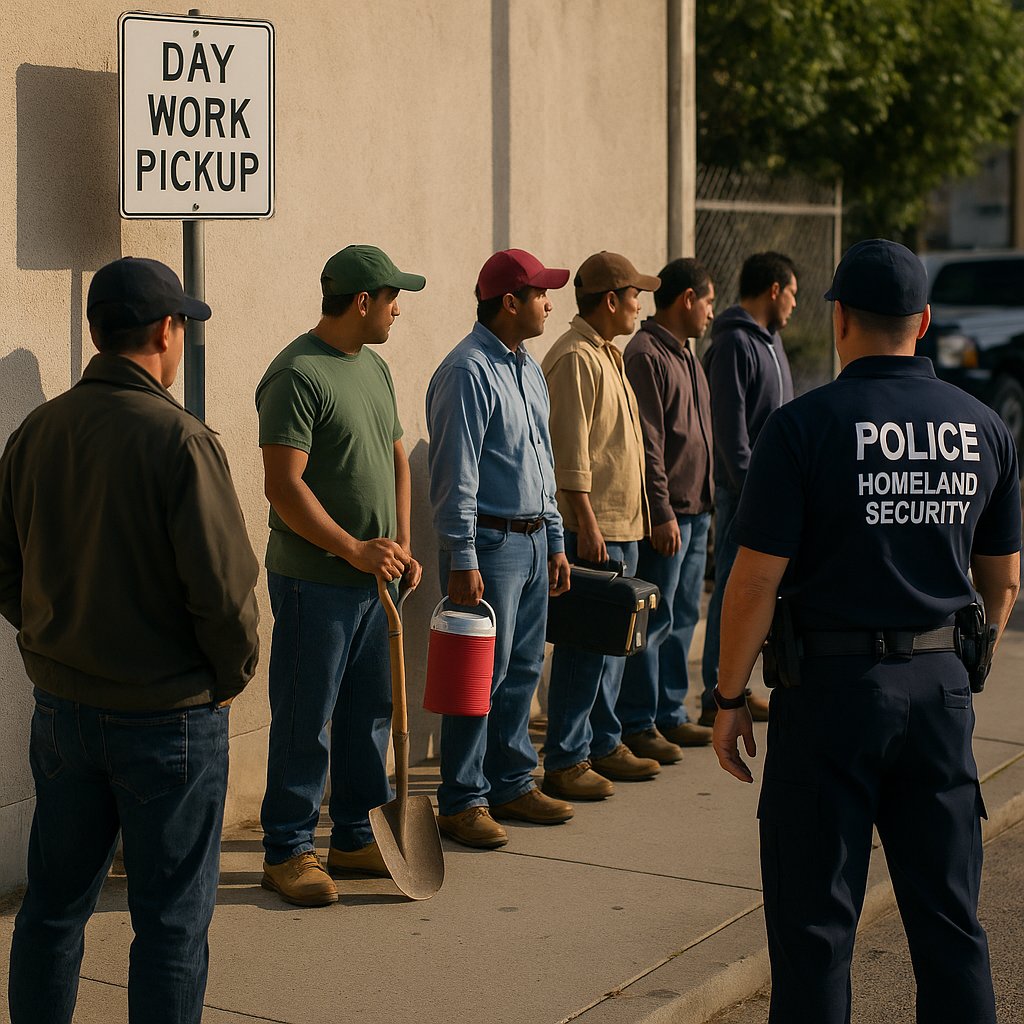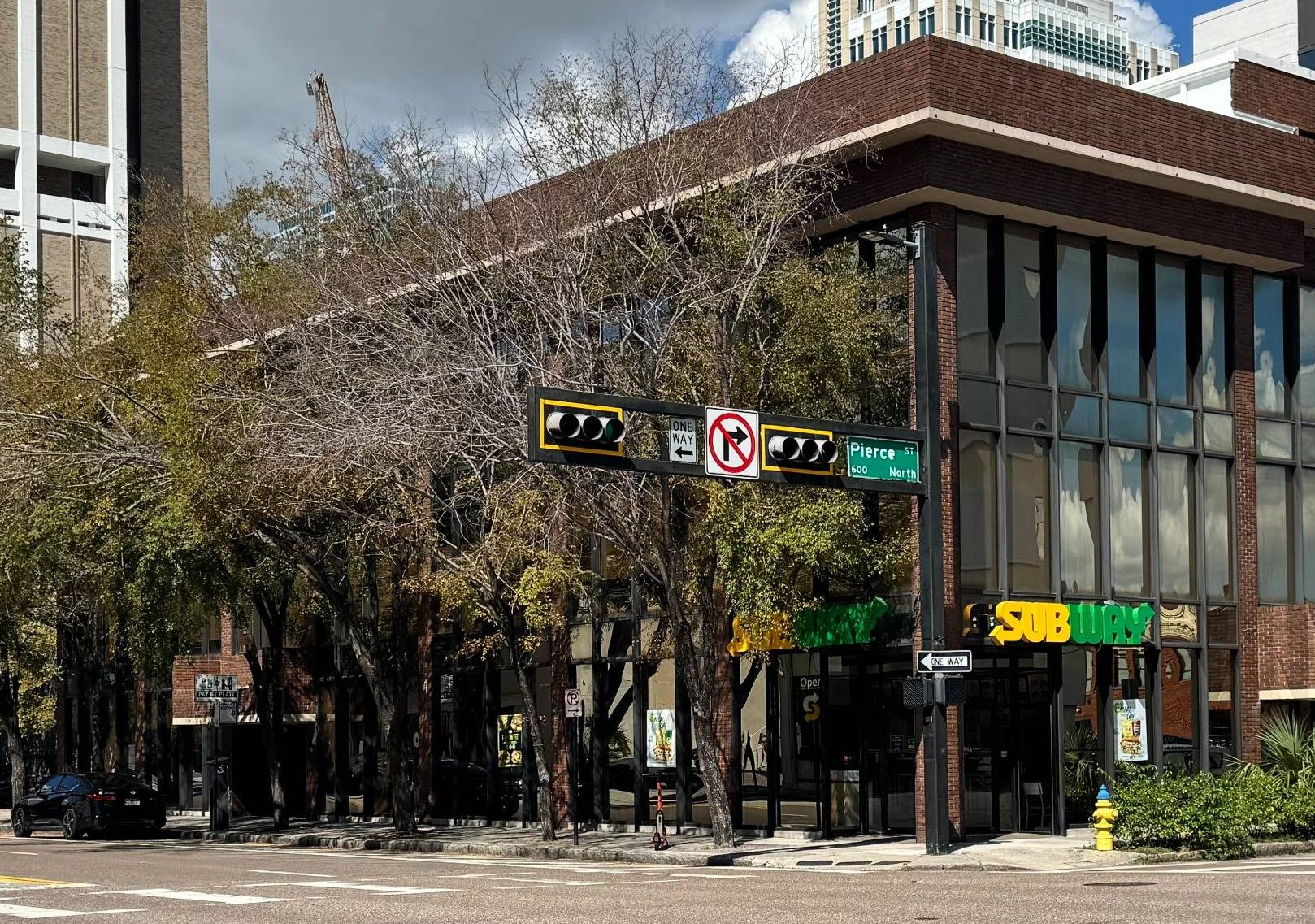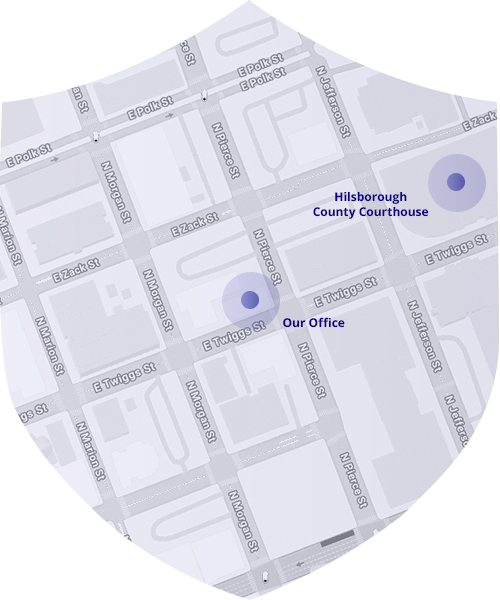- Free Consultation 24/7: (813) 727-7159 Tap Here To Call Us
Noem v. Vasquez Perdomo Supreme Court Immigration Case: What You Need to Know

The Noem v. Vasquez Perdomo Supreme Court immigration case is already shaping the national debate over immigration enforcement and constitutional rights. On September 8, 2025, the U.S. Supreme Court granted the federal government’s request to pause a lower court ruling that had blocked immigration raids in Los Angeles. This emergency order has immediate consequences for both undocumented immigrants and U.S. citizens.
Background of Noem v. Vasquez Perdomo
In early June 2025, the Department of Homeland Security launched “Operation At Large” in Los Angeles. Armed and masked agents carried out raids at bus stops, car washes, farms, and day-labor sites. According to court filings, many people were detained before agents asked a single question25a169_5h25.
The lawsuit argued that individuals were being stopped based only on:
- Apparent race or ethnicity
- Speaking Spanish or accented English
- Being in certain locations such as tow yards or parks
- Performing low-wage jobs such as landscaping or car washing
The district court ruled that these factors, even when combined, did not amount to reasonable suspicion under the Fourth Amendment. It issued a temporary restraining order halting the raids while the case continued.
The Supreme Court’s Decision
The government appealed, and the Supreme Court stepped in. By granting a stay, the Court allowed immigration officers to continue the challenged tactics for now.
Justice Kavanaugh’s Concurrence
Justice Brett Kavanaugh explained that immigration officers may briefly detain individuals if they have reasonable suspicion of illegal presence. He argued that in areas with high numbers of undocumented immigrants, factors such as language, job type, and presence at day-labor sites can be relevant. He also questioned whether the plaintiffs had legal standing to seek broad injunctive relief.
Justice Sotomayor’s Dissent
Justice Sonia Sotomayor, joined by Justices Kagan and Jackson, strongly disagreed. She described evidence of U.S. citizens being violently detained. She emphasized that using race, language, and occupation sweeps in millions of innocent people, which the Fourth Amendment forbids. In her view, the Court’s stay unfairly sanctioned discriminatory seizures.
Why the Noem v. Vasquez Perdomo Immigration Case Matters
The Noem v. Vasquez Perdomo Supreme Court immigration case affects more than legal theory—it changes daily life for many.
- For immigrants: The ruling gives agents more freedom to conduct raids in cities far from the border.
- For U.S. citizens and legal residents: Latino workers and Spanish speakers risk detention unless they can quickly prove their status.
- For the courts: The decision highlights the Supreme Court’s increasing reliance on emergency rulings, often called the “shadow docket.”
These developments raise serious concerns about constitutional protections, equal treatment, and the balance of power between courts and the executive branch.
What Comes Next?
The Ninth Circuit Court of Appeals will continue hearing the case, with arguments scheduled later this month. If the Ninth Circuit upholds the district court’s injunction, the Supreme Court may take the case on full review. Until then, the stay remains in place, allowing federal agents to conduct raids based on the disputed factors.
Key Takeaway
The Noem v. Vasquez Perdomo Supreme Court immigration case underscores how immigration policy intersects with constitutional rights. The Court’s stay tips the balance toward enforcement, at least for now. But the final outcome will depend on future rulings. Communities across Los Angeles—and the country—will be watching closely.
How The Brancato Law Firm, P.A. Can Help
If you or a loved one believe you were unlawfully stopped based only on appearance, language, or location, the Constitution may still provide important protections. Even in light of the Supreme Court’s ruling, evidence obtained through a stop based on a mere hunch—rather than clear, articulable suspicion—may be challenged in court.
At The Brancato Law Firm, P.A., we have over 25 years of experience fighting unlawful searches and seizures. Our firm can review whether a motion to suppress may be filed in your case, potentially excluding evidence obtained in violation of your rights.
Call us today at (813) 727-7159 to schedule a confidential consultation.

















